Backhanders, bribery and abuses of power have soared in China as its economy surges
The rules are subtle and unspoken, finds Evan Osnos, as he learns the dark arts from a master
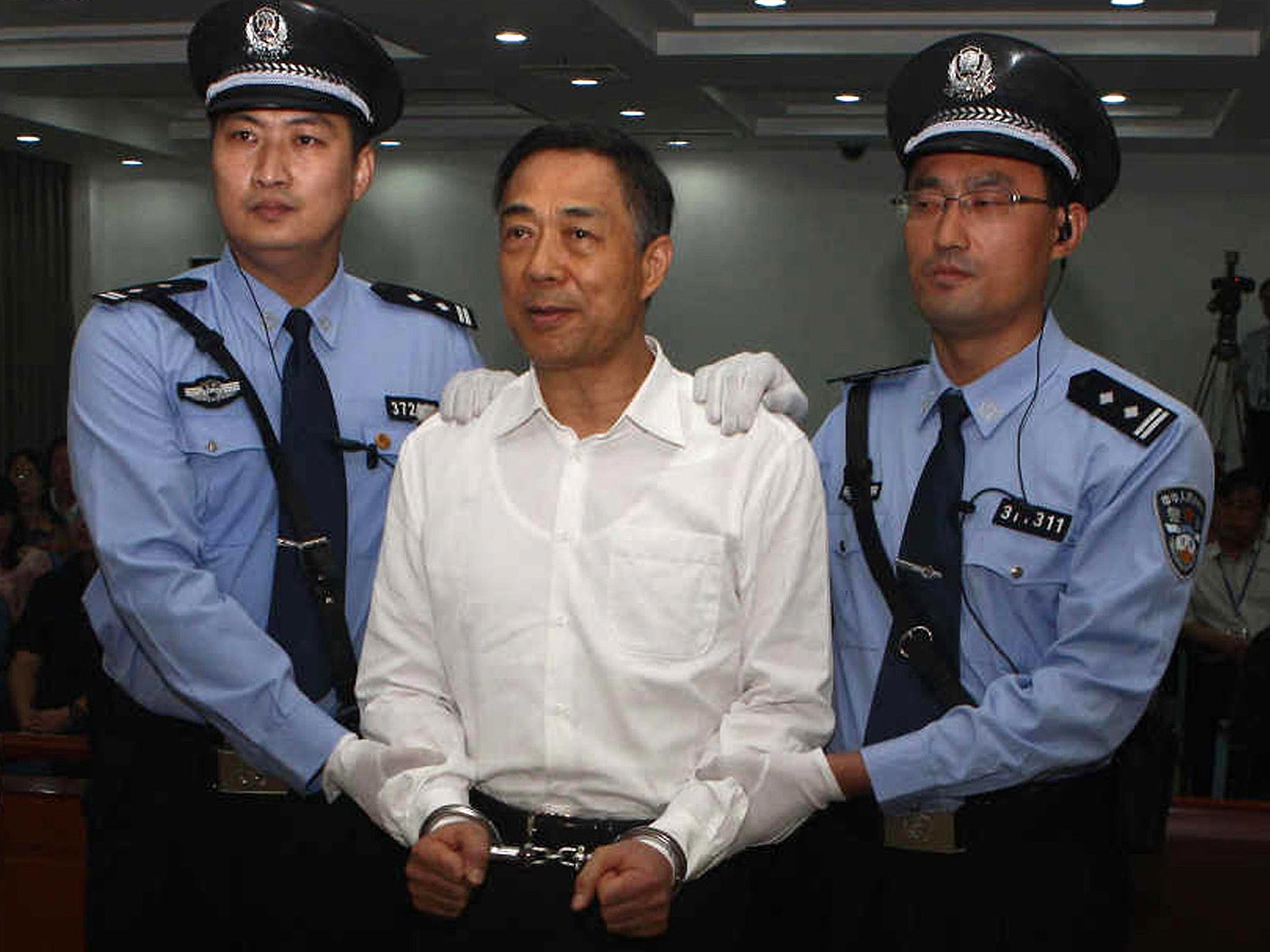
The first thing that Hu Gang taught me about bribing a judge was the importance of food. "Everyone says no to the first invitation," he explained. "After three or four invitations, any man agrees – and once you eat together, you're on the way to becoming family."
Living in China from 2005 to 2013, I witnessed the crest of an economic transformation 100 times the scale, and 10 times the speed, of the Industrial Revolution that created modern Britain. China's boom fuelled a surge in graft, bribery and abuse of power to such an extent that, by 2011, the government was opening corruption cases at the rate of one a day for department-level officials, the equivalent of a city mayor. Since then, the pace of arrests has rapidly increased; this month, star news anchor Rui Chenggang was detained on unspecified charges so abruptly that his empty chair was still visible on that evening's broadcast. His employer, China Central Television, has been shaken by allegations that members of its staff took bribes to provide favourable coverage or to suppress investigations.
And yet, for all that I learned about corruption in China, the details about how it actually worked – the subtle mechanics, the private rituals, the unwritten taboos – remained mysterious to me, for years. When I met Hu Gang in 2012, he began to unveil what had been missing. At first glance, he was not an obvious tutor in the dark arts of success. By the time I met him, he was a novelist – a small, fastidious man of 50, who fussed with worried pride over his daughter and heeded her reminders not to overdo it at lunch. But, like many before him, when opportunity was everywhere, he had found it impossible to resist.
In college, Hu had studied philosophy, and after graduation he began a quiet career in the university's Human Resources Department. When China's economy took off, he took a job at an auction house, selling classical Chinese paintings and earning a commission on every piece. "I discovered that many of the paintings and scrolls that people sent us were bogus, which fascinated me," he told me one day over lunch near his home in Changsha, the capital of Hunan province. "I thought, well, I can still sell these things at a high price, even though, in my heart, I wasn't comfortable with it."
His discomfort did not last. He was so inundated by fake art that he eventually tried his own hand at it, and discovered, to his surprise, that he had a gift for approximating the vigorous brush strokes of a Qi Baishi and the realism of a Xu Beihong. He also expanded his auction business to handle foreclosures, in which a single signature from a judge bestowed the right to a hefty commission on the sale of buildings, land, and other assets. Everyone seemed to be in on the take, Hu said. "So, I began to think, if they can do it, why can't I?"
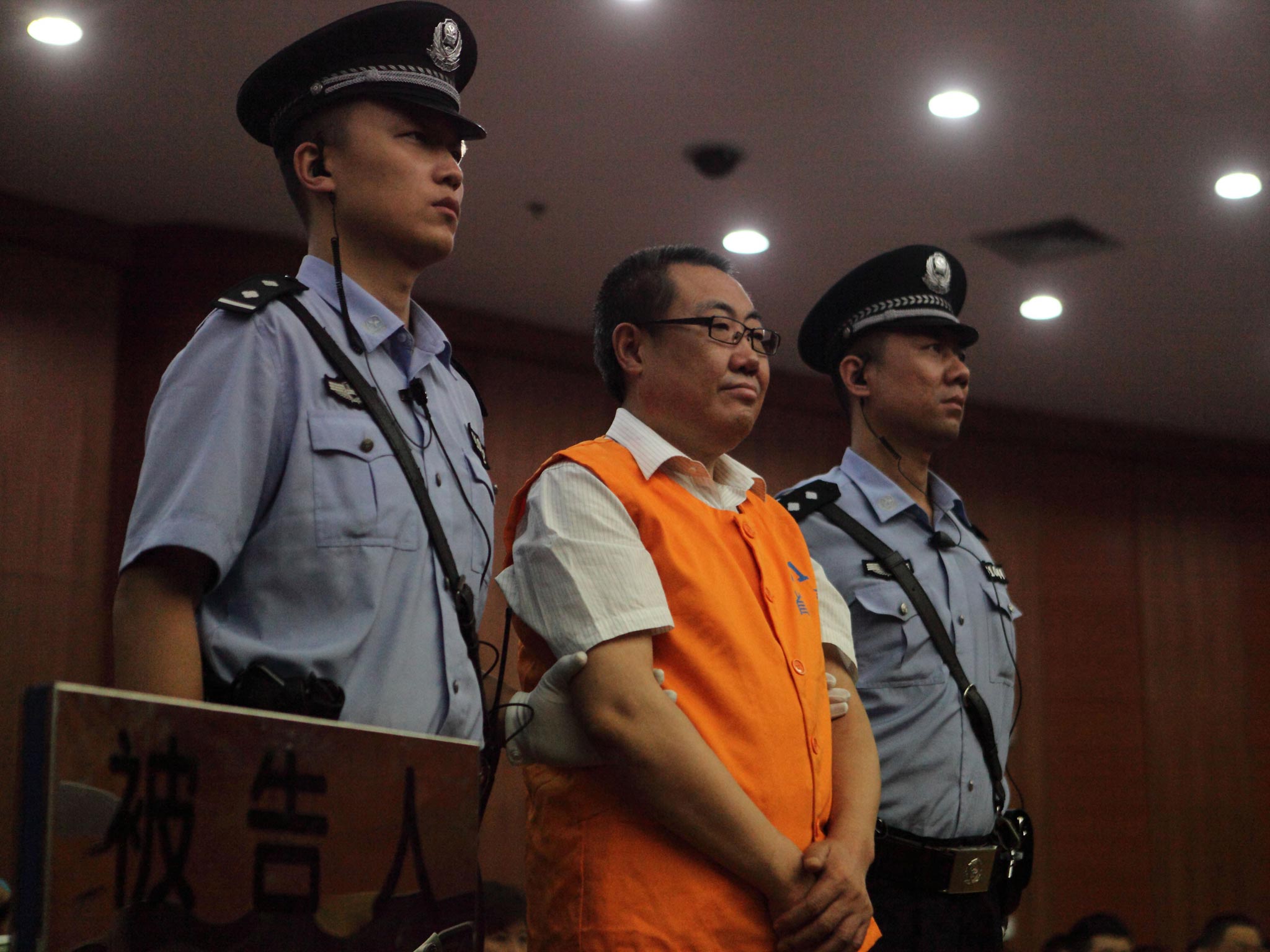
As with so much in China, there was competition; many people were jockeying for the chance to bribe a few people with power, and Hu realised immediately that he had to go beyond gifts. He had to build personal connections, and in that regard, he turned out to be a natural; he bribed judges first with cigarettes, then banquets, then trips to massage parlours. Nobody taught him how to do it, but he was a meticulous man, and he developed certain rules to live by: never offer a bribe to a stranger; schedule cash gifts for the autumn, when the tuition bills come around. Before long, he was juggling relationships with so many judges that he was making three trips to a massage parlour in a single day. "Three times, one day," he said, fixing me with a look of alarm. "That's not pleasant. That's exhausting."
The second thing that Hu Gang taught me about bribing a judge was that you will get nothing in return for at least six months. "Friendship is paramount," he said. "A friendship so close that you have no secrets between you." As we talked, he was building a small mountain of pork in his bowl. "Only after you show loyalty can you show skill – that you are able to do what you say you can do, and that you will make it worth his while every time." He narrowed his eyes and chewed in silence for a moment while he thought it over. "With those steps," he said, "anybody can be pinned down, and the bond is unbreakable."
Hu Gang's strategy did not come cheap. In his first year of bribing judges, he spent a quarter of a million yuan (£23,770) on gifts and girls and meals. But after five years, it was paying off handsomely. He had one of the biggest auction houses in Changsha and a modest nest egg of 10 million yuan (£950,000). He was in a rhythm. "I'd sleep until noon and then begin my rounds, which included taking care of everyone's mistresses," he said.
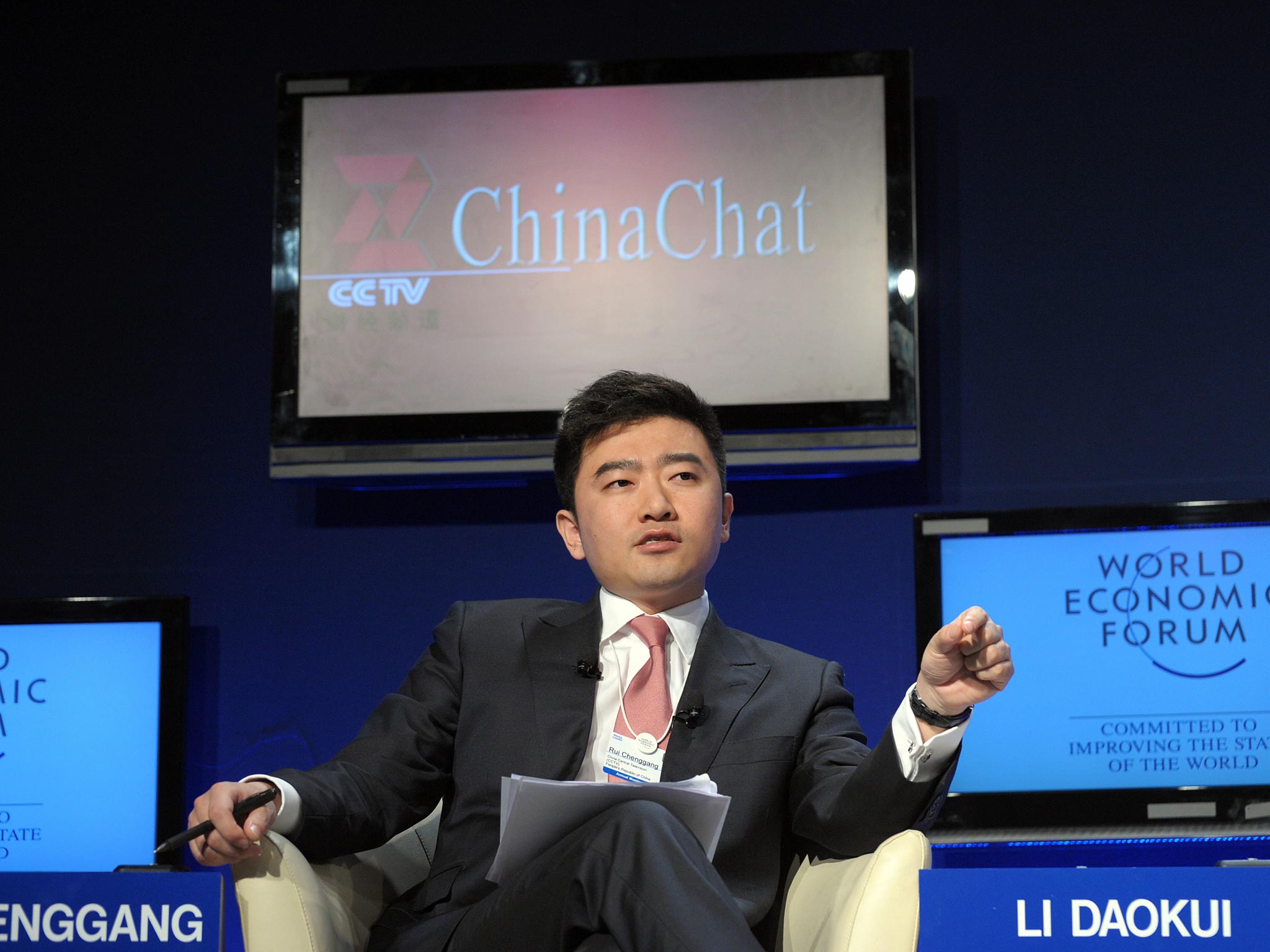
But even then he found something wanting. "If I made three million or five million one year, all I'm thinking about is how to make more the next year. If I'm number three in town, how do I get to be number one? It's like you're running, and once you're running, there is no stopping. You just run and run and run. You don't think about the philosophical implications. Psychologically, you are in a world of your own."
Kleptocracy was not a new problem in China – in 1935, the author and translator Lin Yutang observed, "In China, though a man may be arrested for stealing a purse, he is not arrested for stealing the national treasury" – but, as in other countries, corruption and growth flourished together. The larger the deals for land and assets, the higher the cadres needed to approve them, and the bribes moved up the ranks. In case after case, disasters that enraged the Chinese public were traced back to graft, fraud, embezzlement, and patronage: In 2008, schools that collapsed in the Sichuan earthquake were found to have been compromised by kickbacks during construction. Later that year, dairy farmers and milk distributors were found to have bribed state inspectors to ignore the presence of unsafe chemicals in infant formula. By the time the Ministry of Health warned the public, 300,000 infants had been sickened; six of them died.
But those cases were becoming more difficult to hide. The combination of technology, wealth, and epic indiscretion was pulling aside the curtain that once protected Communist Party leaders from outside scrutiny. Chinese bloggers learned to zoom in on official photos to find evidence of habits that did not match official salaries. They pointed out that a local real-estate official named Zhou Jiugeng was often photographed smoking cigarettes that cost 150 yuan (£14) a pack, and after a bribery investigation he was sent to prison for 11 years. Another blogger made a specialty of exposing comrades with suspiciously expensive timepieces, and he became known as the Wristwatch Watchdog. Never had the citizens of the People's Republic learned so much about the perks of those who ran it.
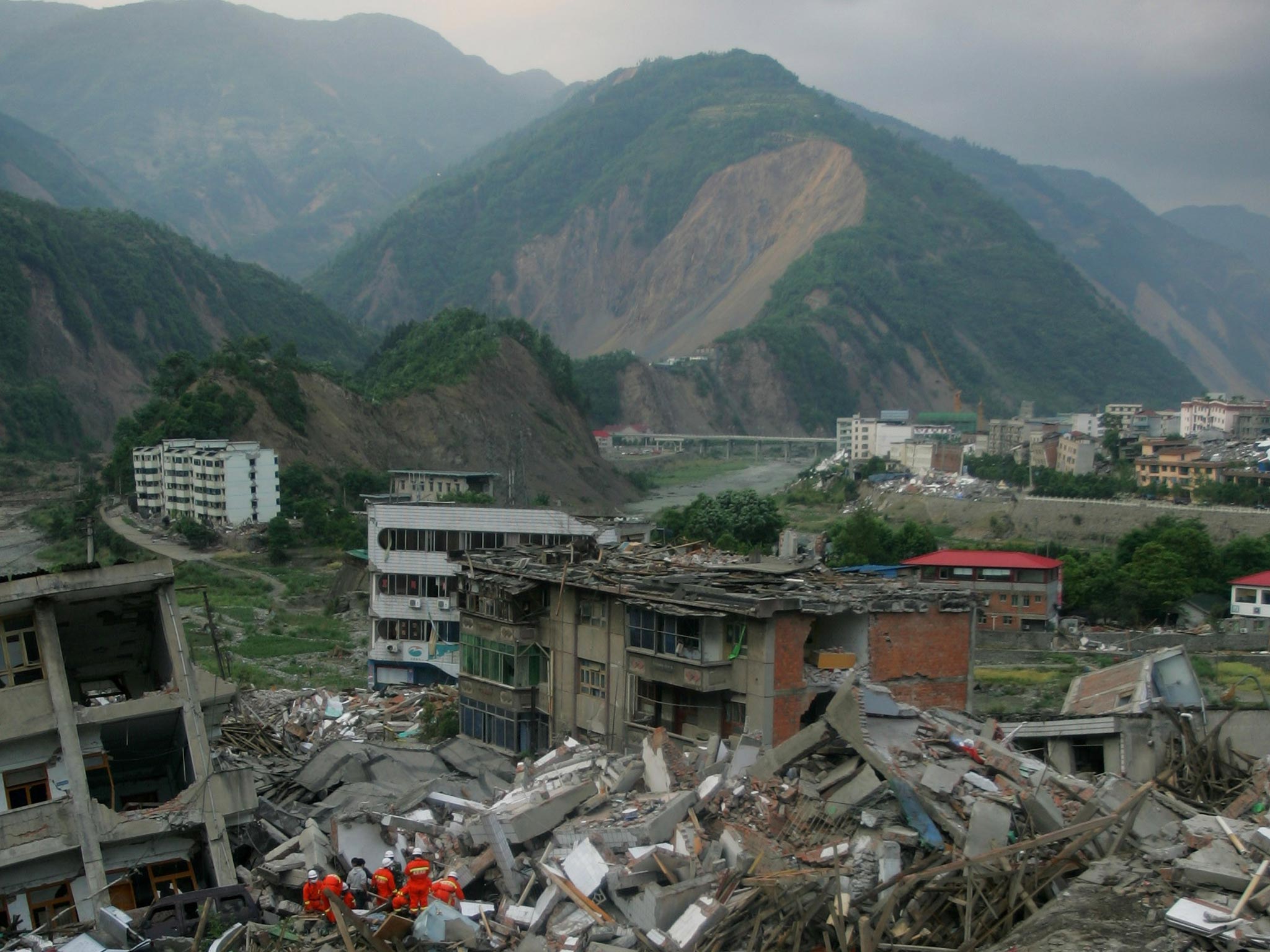
Censors kept as much off the web as they could, but each new case tore another hole in the image of the Communist Party, which had always pledged to be the "first to eat bitterness, the last to benefit". Each new case sounded less like the exception than the rule, and each new detail accentuated the gap between the Party's solemn presentation and the unadorned reality beneath. A woman went online to describe her affair with her boss, Yi Junqing, the head of the Party's Central Compilation and Translation Bureau - in effect, the chief rabbi of Marxist orthodoxy and values. The mistress described how she had paid him in cash to buy her job, and she posted three years' worth of text messages, and a lengthy narrative of sushi, sake, and lunchtime dalliances.
Paying for official positions had become so common that in 2012 the Modern Chinese Dictionary, the national authority on language, was compelled to add the word maiguan - "to buy a government promotion."
The last thing Hu Gang taught me about bribing a judge was that it was worth it. After five years, he was picked up in a routine crackdown on courtroom corruption. In all, 140 judges were caught, including the head of the provincial supreme court. Hu Gang was convicted and served one year in jail.
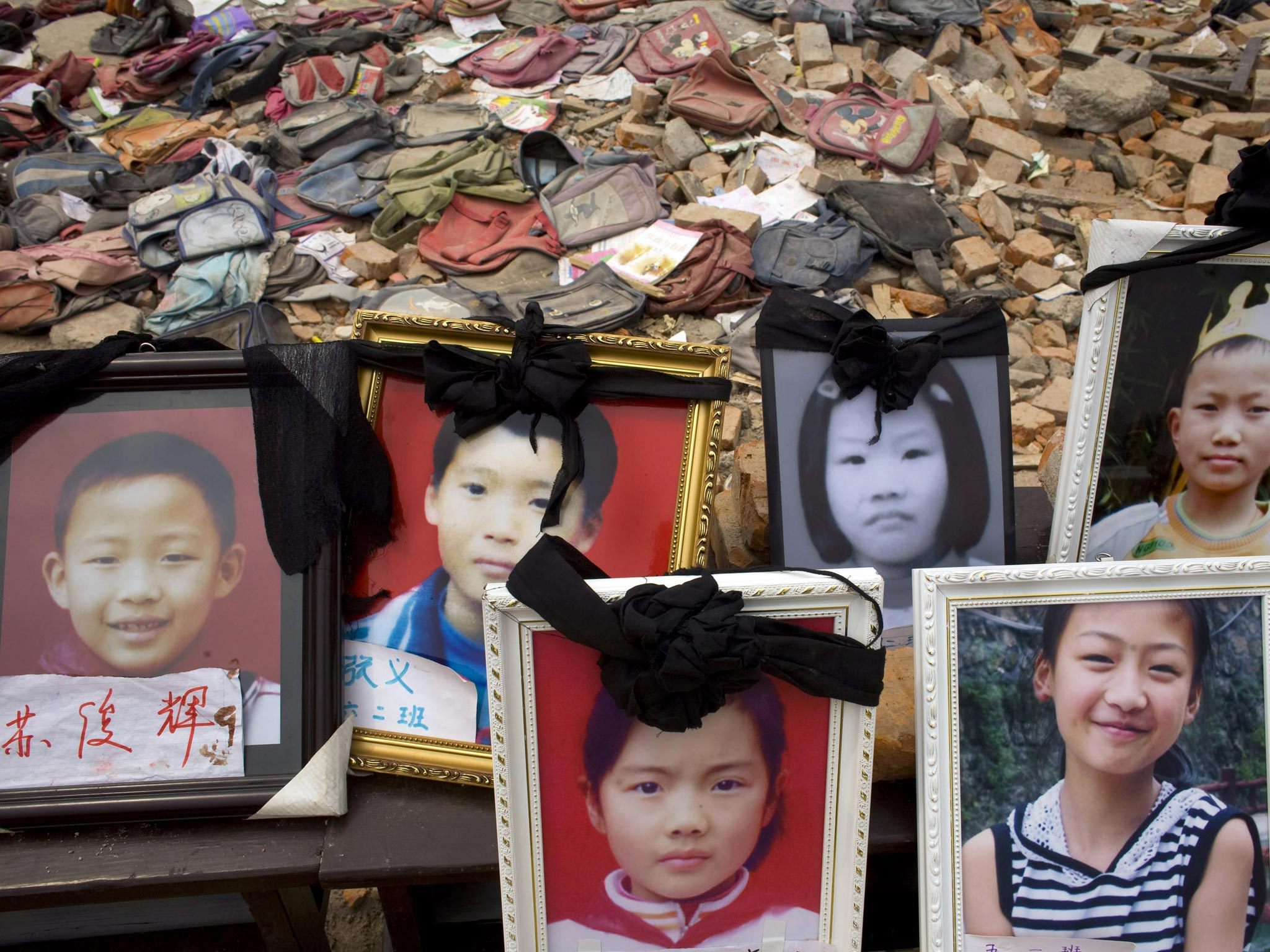
When he got out, he published a novel under the name Fu Shi, then another book, and when I met him, he was working on a television script. He had reached conclusions about his experience. "Even though we have a legal system with all kinds of laws and regulations, the enforcement is sporadic," he told me, settling deep into his chair, glassy-eyed from lunch. "When the rules favour the rule-makers, they are applied; when they do not, they are ignored. The rule-maker says, 'I am the only real rule, and I am the most powerful.' Everyone knows this." He laughed. China, he said, functions by "unwritten rules." He continued: "It has always been this way; the problem has just become more pronounced in recent years."
For those at the top, the scale of temptation had reached a level unlike anything ever seen in the West. Bo Xilai, a former Communist Party star and Party Secretary in the city of Chongqing, was convicted of bribery, embezzlement and abuse of power and sentenced to life in jail. It was China's most high-profile trial in more than 30 years, and it forced the Party to acknowledge that scandal had become the backbeat to the nation's rise. After taking office in 2012, President Xi Jinping publicly acknowledged what many had come to believe: unless the Party beat back the tide of corruption, that corruption would "lead the Party and the nation to perish". He compared it to "worms breeding in decaying matter", and he vowed to punish not only low-ranking "flies" but also powerful "tigers".
But, after two years of Xi's anti-corruption campaign, its effectiveness remains uncertain. It has brought thousands of arrests, televised confessions, and bold promises of reform, but is yet to introduce the kind of transparency and checks and balances that advocates argue is vital to lasting change. The last time I saw Hu Gang, I asked him if he thought China would grow past its surge in corruption, as America, Japan, and Korea once did in their climbs to prosperity. He was quiet for a moment, then he said, "I see our society as an enormous pond. For years, people have been using it as a restroom, just because we could. And we enjoyed the freedom ... even as the pond got filthier and filthier. Now we need someone who can stand up and tell everyone that the pond has been fouled and if you continue to pollute it, nobody will survive."
'Age of Ambition: Chasing Fortune, Truth and Faith in the New China' by Evan Osnos (Random House, £20) is out now
Join our commenting forum
Join thought-provoking conversations, follow other Independent readers and see their replies
Comments